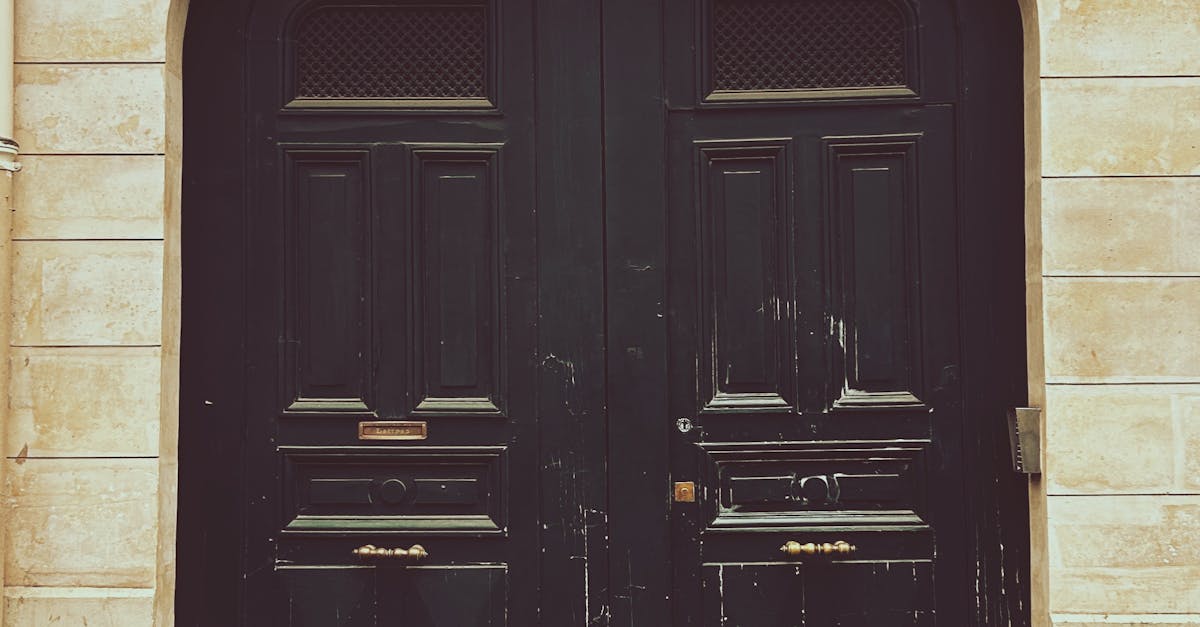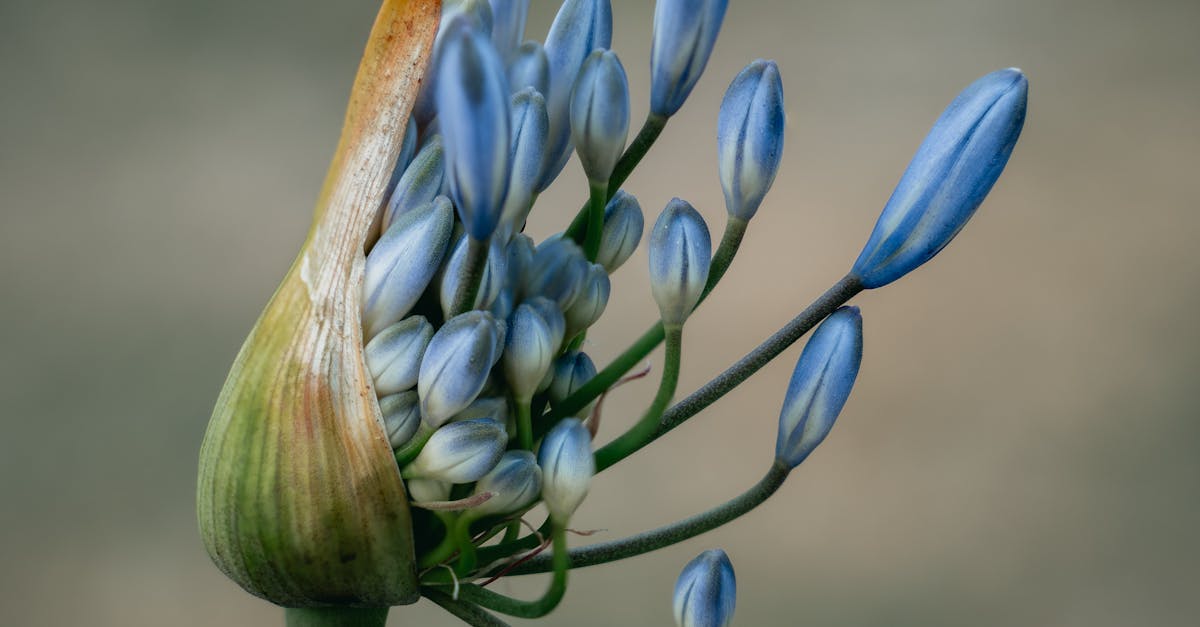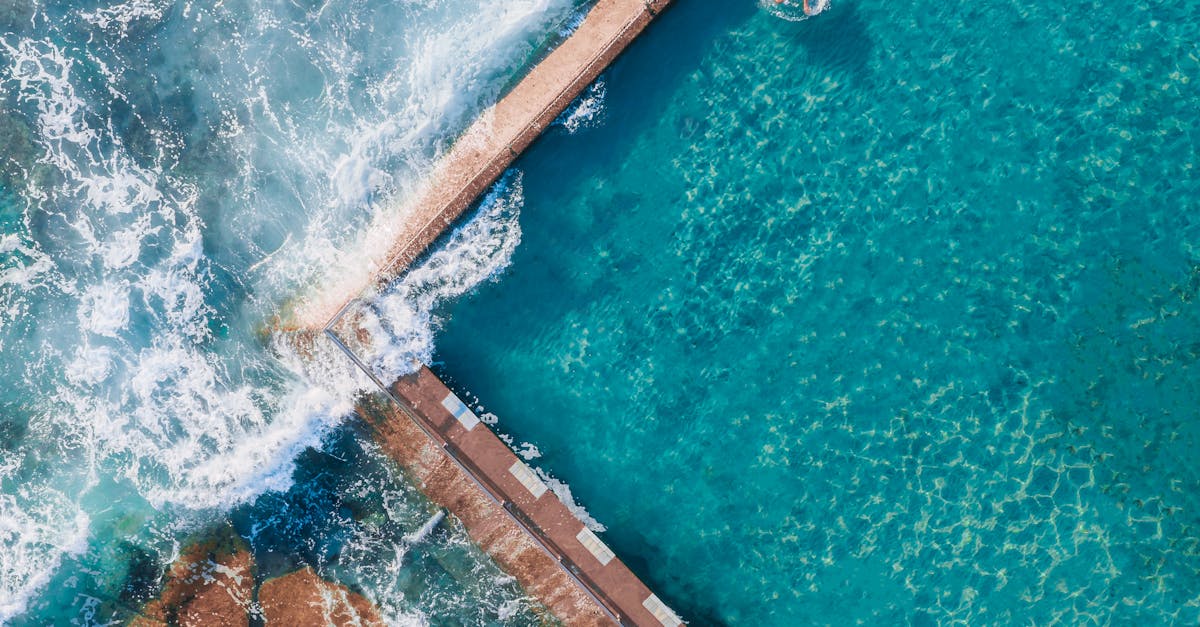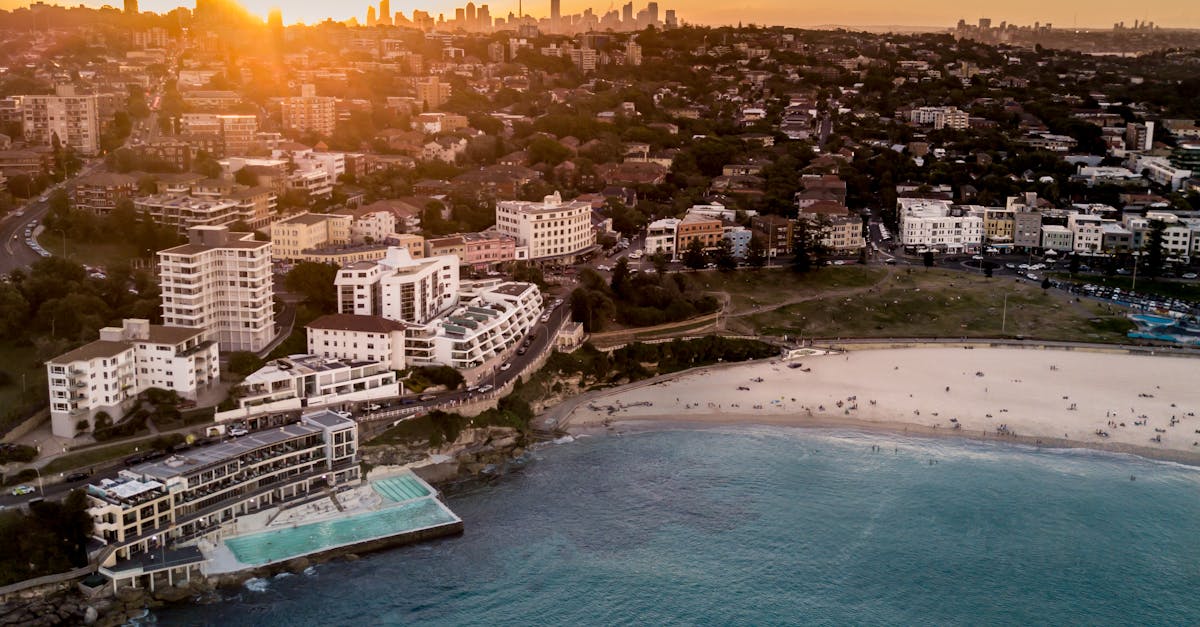
Table Of Contents
High Water Pressure Effects
High water pressure can significantly impact the performance of your shower tap, often leading to persistent dripping. When the pressure is too high, it increases the force on the tap's internal components. This can wear out seals and washers much faster than normal, ultimately resulting in leaks that can contribute to the annoying dripping sound during a shower.
Addressing high water pressure is crucial for maintaining your plumbing system’s health. Regular checks on water pressure can prevent potential damage and ensure optimal functionality of your tap. If the problem persists, seeking professional assistance for faucet installation and repair may be wise to tackle the underlying issues effectively.
Understanding Optimal Pressure Levels
Maintaining optimal water pressure in your home is crucial for both comfort and the efficiency of your plumbing systems. High water pressure can lead to various issues, including leaks in shower taps. The ideal pressure range typically falls between 40 to 60 psi. When pressure exceeds this range, it puts undue stress on your fixtures, increasing the likelihood of dripping taps and other plumbing failures.
For homeowners, understanding how to monitor and manage water pressure is beneficial. Installing a pressure regulator can help maintain levels within the recommended range, reducing wear on fixtures and extending their lifespan. If problems persist, seeking professional assistance for faucet installation and repair can address underlying issues, ensuring a reliable and functional shower system.
Age of the Tap
The age of a shower tap significantly influences its susceptibility to leaking. Over time, components such as washers and O-rings degrade due to constant use, temperature fluctuations, and water quality. Wear and tear can lead to gaps and misalignments, resulting in a persistent drip. Older taps, especially those manufactured with less durable materials, are particularly prone to these issues.
Regular updates or replacements may become necessary for older taps to maintain proper function. Investing in quality faucet installation and repair can enhance the longevity of your plumbing fixtures. Opting for modern designs, which often feature advanced materials and technology, may reduce the likelihood of leaks and improve overall performance.
Why Older Taps Are More Prone to Leaks
Older taps are often more prone to leaks due to wear and tear accumulated over years of use. Components such as washers, O-rings, and seals deteriorate over time, leading to reduced effectiveness in preventing water from escaping. As these parts age, their ability to create a watertight seal diminishes, increasing the likelihood of drips and leaks.
In some cases, older faucets may incorporate outdated materials or designs that aren't as durable as modern alternatives. This can increase vulnerability to corrosion and mineral buildup, further complicating the issue. Regular faucet installation and repair can mitigate some of these problems, but replacing old taps may ultimately provide a more reliable solution to prevent future leaking.
Maintenance Tips for Shower Taps
Regular maintenance of shower taps can significantly reduce the likelihood of drips and leaks. Ensure you check for any signs of wear and tear, such as frayed washers or rusty components. Replacing these parts not only prevents dripping but also extends the lifespan of your tap. It’s advisable to periodically tighten any loose fittings and make sure that aerators and showerheads are clean and free of mineral build-up. These small steps can lead to a noticeable difference in the performance of your tap.
If you encounter persistent issues despite your maintenance efforts, consider consulting a professional. Faucet installation and repair services can provide expert guidance on whether a repair or a complete replacement is necessary. Seeking professional help can ensure that any underlying problems are addressed effectively, saving time and potentially conserving water in the long run. Regular maintenance coupled with timely professional assistance can keep your shower tap functioning smoothly.
Regular Checks to Prevent Dripping
Routine maintenance of your shower tap can significantly reduce the chances of drips. Regularly checking for any signs of wear or damage, such as rust around the fittings or a continually damp area beneath the tap, is essential. Simple visual inspections can reveal issues before they escalate into more significant repairs. Keeping an eye on the seals, washers, and cartridges will help you identify parts that may need replacement due to age or deterioration.
In addition to visual checks, listening for unusual sounds can also indicate a problem. A hissing or constant trickle moment might signal that internal components are wearing out. If you notice any concerning signs, it’s advisable to consult a professional for faucet installation and repair. This not only ensures the job is done correctly but also provides peace of mind that your plumbing is in good hands. Regular upkeep is key in prolonging the life of your shower tap and averting future headaches associated with dripping taps.
FAQS
What causes my shower tap to keep dripping?
A dripping shower tap can be caused by several factors, including high water pressure, wear and tear on older taps, or a lack of regular maintenance.
How does high water pressure affect my shower tap?
High water pressure can put excessive strain on your shower tap’s components, leading to leaks and drips. It's important to ensure that your water pressure is within the optimal range to prevent such issues.
How can I check if my shower tap is too old and needs replacement?
If your shower tap is more than 10-15 years old and you notice frequent drips or leaks, it may be time to consider a replacement. Older taps are more prone to wear and deterioration, which can lead to dripping.
What maintenance can I perform to prevent my shower tap from dripping?
Regular maintenance includes checking for any visible wear on the tap components, ensuring the water pressure is optimal, and replacing washers or seals as needed. Regular inspections can help catch issues before they lead to dripping.
Is it possible to fix a dripping shower tap myself?
Yes, many homeowners can fix a dripping shower tap themselves by replacing worn washers or O-rings. However, if you're unsure or the problem persists, it may be best to consult a professional plumber for assistance.





























